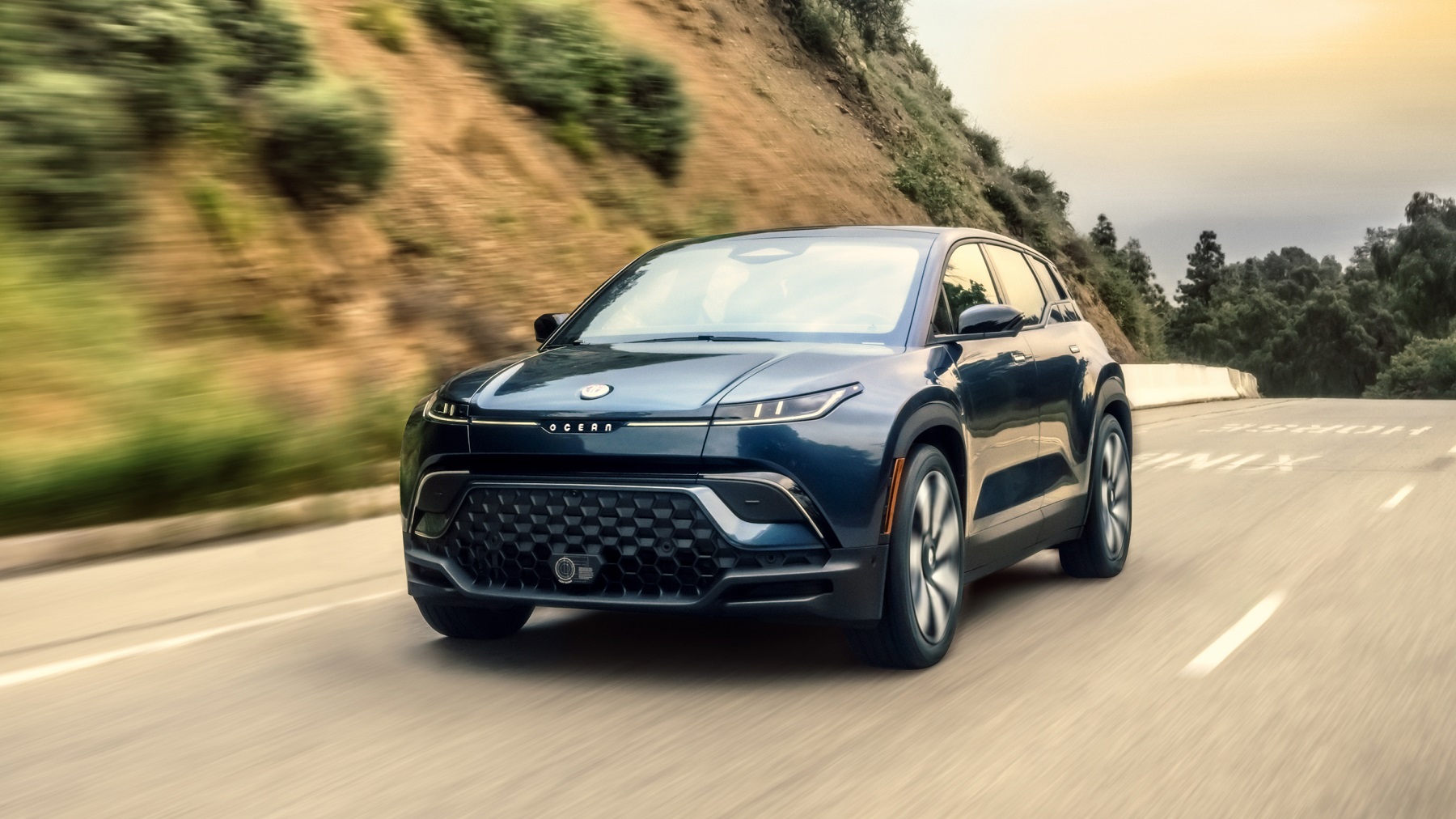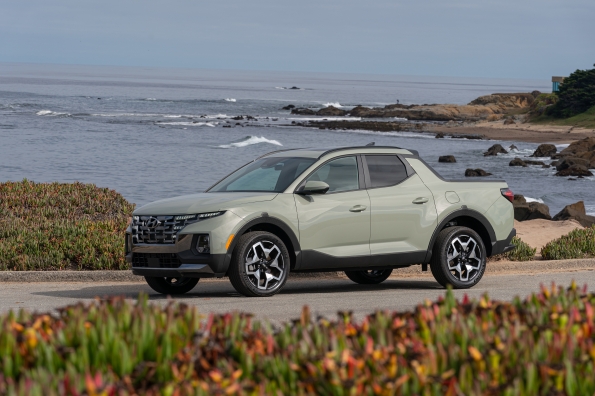Fisker Details Emission Credits Strategy for United States

–Fisker Inc. (NYSE: FSR) (“Fisker”), driven by a mission to create the world’s most emotional and sustainable electric vehicles, is preparing to incorporate the sale of emission credits into its overall business strategy in the United States. The company has already entered into an agreement to sell credits to a major automaker at competitive rates.
“We are excited that as an all-electric startup, we can offer other carmakers competitive choices to obtain emission credits and remain in compliance with regulations in the US,” Chairman and CEO Henrik Fisker said. “We have been looking forward to participating in the emission-credits market since we founded Fisker Inc. in 2016.”
Fisker will start US deliveries of the all-electric Fisker Ocean later this month. The Fisker Ocean Extreme has received both an EPA Certificate of Conformity (CoC) and a California Air Resources Board (CARB) Executive Order, approving the vehicle for sale and delivery in all 50 US states and the District of Columbia.
Fisker’s emission credit strategy is detailed below.
US Emission Credits
The California Air Resources Board has confirmed that both Fisker Ocean One launch edition and the Fisker Ocean Extreme, thanks to a best-in-class range of 360 miles1 on standard 20-inch wheels and tires, will generate the maximum allowable credits per vehicle – 4.0 ZEV credits – for units sold in California as well as in over a dozen other US states that have adopted California’s environmental standards. Automakers can purchase these credits to help avoid a non-compliance penalty of up to $5,000 per violation.
In addition, the National Highway Transportation Safety Administration (NHTSA) sets forth annual target measurements for miles per gallon, pursuant to the requirement set forth in the “Corporate Average Fuel Economy” (CAFE). Automakers generate a credit for each tenth of a mile of overcompliance. Based on 2023’s target measurement, each Fisker Ocean sold will generate approximately 395 credits. The penalty for noncompliance is $15 per credit, and carmakers again can purchase credits to offset the penalty.
The EPA also established Tier III emission requirements in 2014. As part of that program, it instituted a credit-based system for non-greenhouse gas (GHG) emissions, including oxides of nitrogen and non-methane organic gases (NMOG+NOx credits). For model years 2023 and 2024, Fisker expects to generate significant credits.
The EPA has established greenhouse gas requirements for new vehicles. Based on 2023 GHG requirements, each Ocean will generate approximately 159 credits per vehicle sold. The EPA does not have a standard penalty for noncompliance. California administers its own GHG program, which is like the EPA’s GHG program.
About Fisker Inc.
California-based Fisker Inc. is revolutionizing the automotive industry by designing and developing individual mobility in alignment with nature. Passionately driven by a vision of a clean future for all, the company is on a mission to create the world’s most sustainable and emotional electric vehicles. To learn more, visit Fiskerinc.com and enjoy exclusive content across Fisker’s social media channels: Facebook, Instagram, Twitter, YouTube, and LinkedIn.
Download the revolutionary new Fisker mobile app from the App Store or Google Play .
Forward-Looking Statements
This press release includes forward-looking statements, which are subject to the “safe harbor” provisions of the US Private Securities Litigation Reform Act of 1995. These statements may be identified by words such as “feel,” “believes,” expects,” “estimates,” “projects,” “intends,” “should,” “is to be,” or the negative of such terms, or other comparable terminology and include, among other things, the quotation of our CEO, the statements regarding the planned launch timing, pricing, delivery, and estimated range of the Fisker Ocean, the planned timing of the opening of Fisker facilities, the Company’s future performance, and other future events that involve risks and uncertainties. Such forward-looking statements are not guarantees of future performance and are subject to risks and uncertainties, which could cause actual results to differ materially from the forward-looking statements contained herein due to many factors, including, but not limited to: Fisker’s limited operating history; Fisker’s ability to enter into additional manufacturing and other contracts with Magna or tier-one suppliers in order to execute on its business plan; the risk that OEM and supply partners do not meet agreed-upon timelines or experience capacity constraints; Fisker may experience significant delays in the design, manufacture, regulatory approval, launch and financing of its vehicles; Fisker’s ability to execute its business model, including market acceptance of its planned products and services; Fisker’s inability to retain key personnel and to hire additional personnel; competition in the electric vehicle market; Fisker’s inability to develop a sales distribution network; and the ability to protect its intellectual property rights; and those factors discussed in Fisker’s Annual Report on Form 10-K, under the heading “Risk Factors”, filed with the Securities and Exchange Commission (the “SEC”), as supplemented by Quarterly Reports on Form 10-Q, and other reports and documents Fisker files from time to time with the SEC. Any forward-looking statements speak only as of the date on which they are made, and Fisker undertakes no obligation to update any forward-looking statement to reflect events or circumstances after the date of this press release.
1 EPA estimated range. Actual results may vary for many reasons, including driving conditions, wheel size, state of battery charge, and how the vehicle is driven and maintained.





